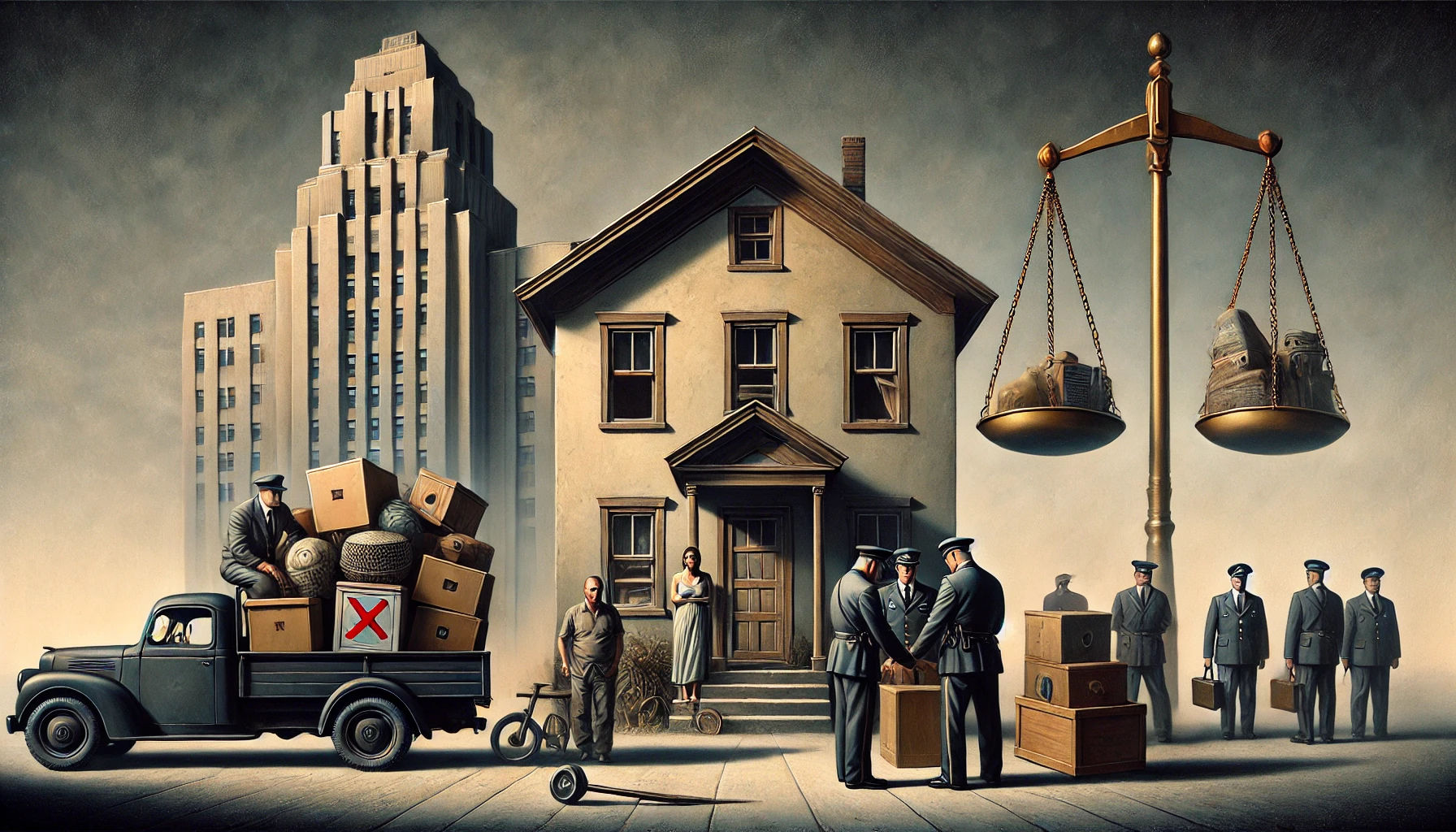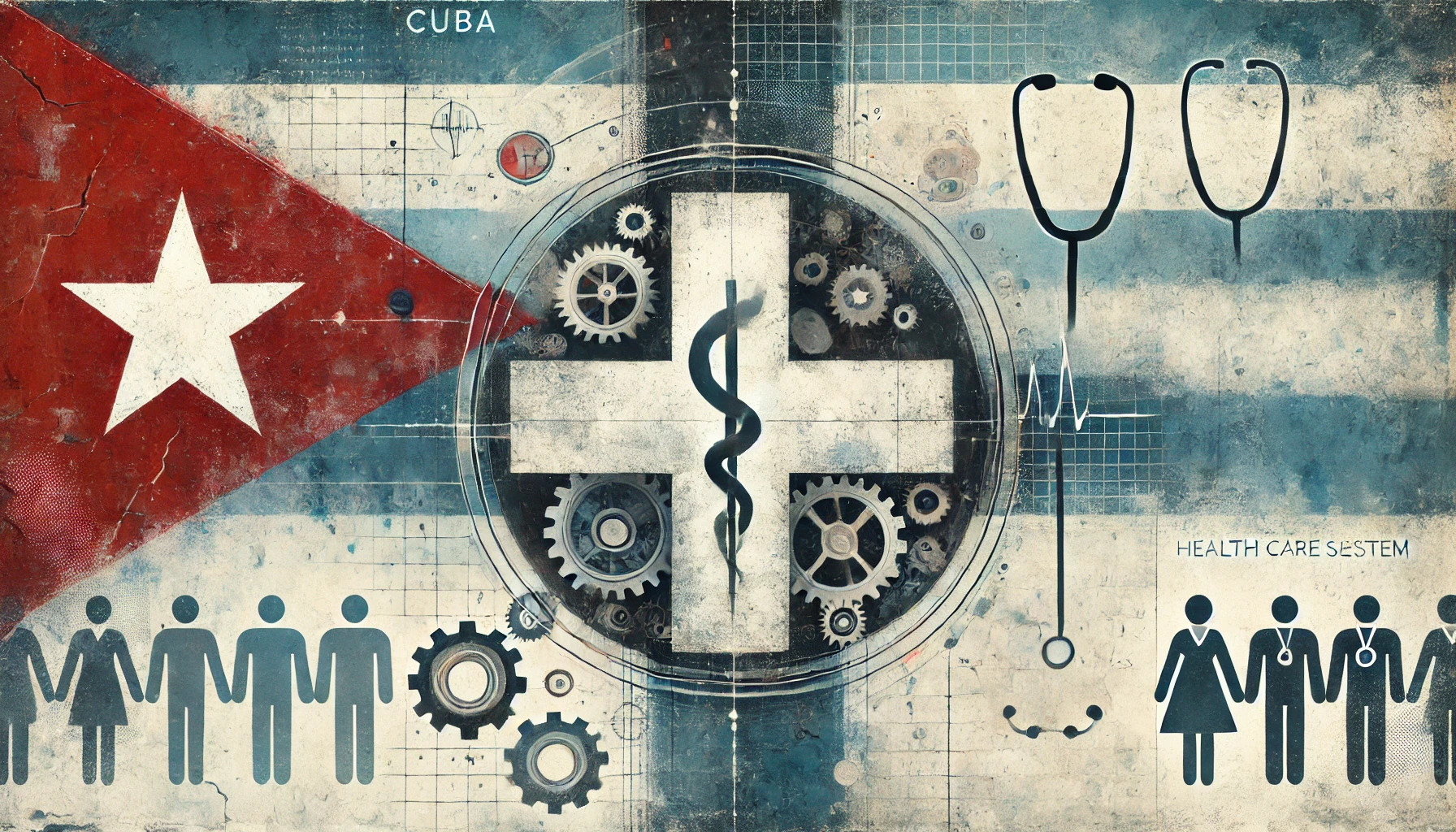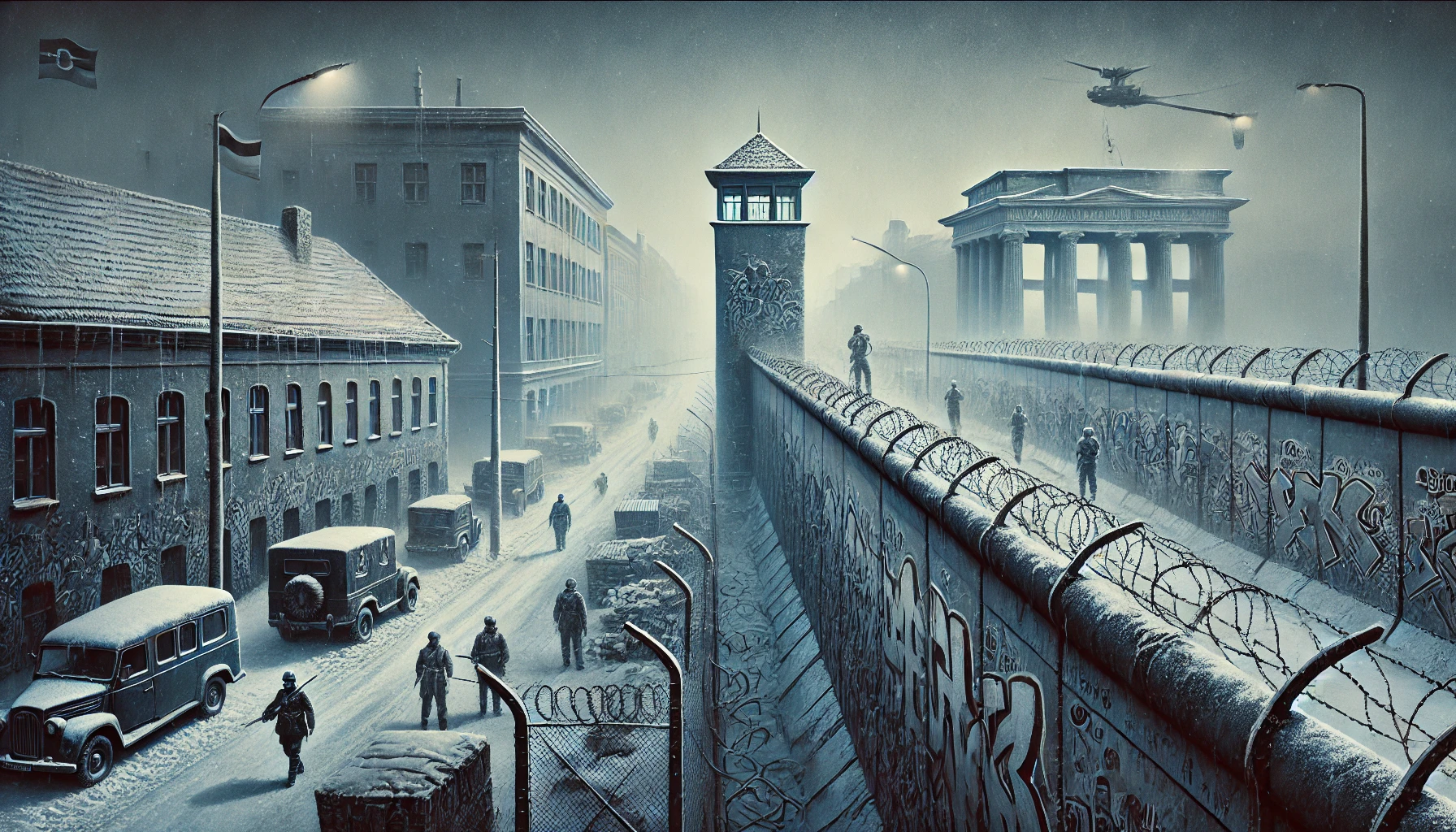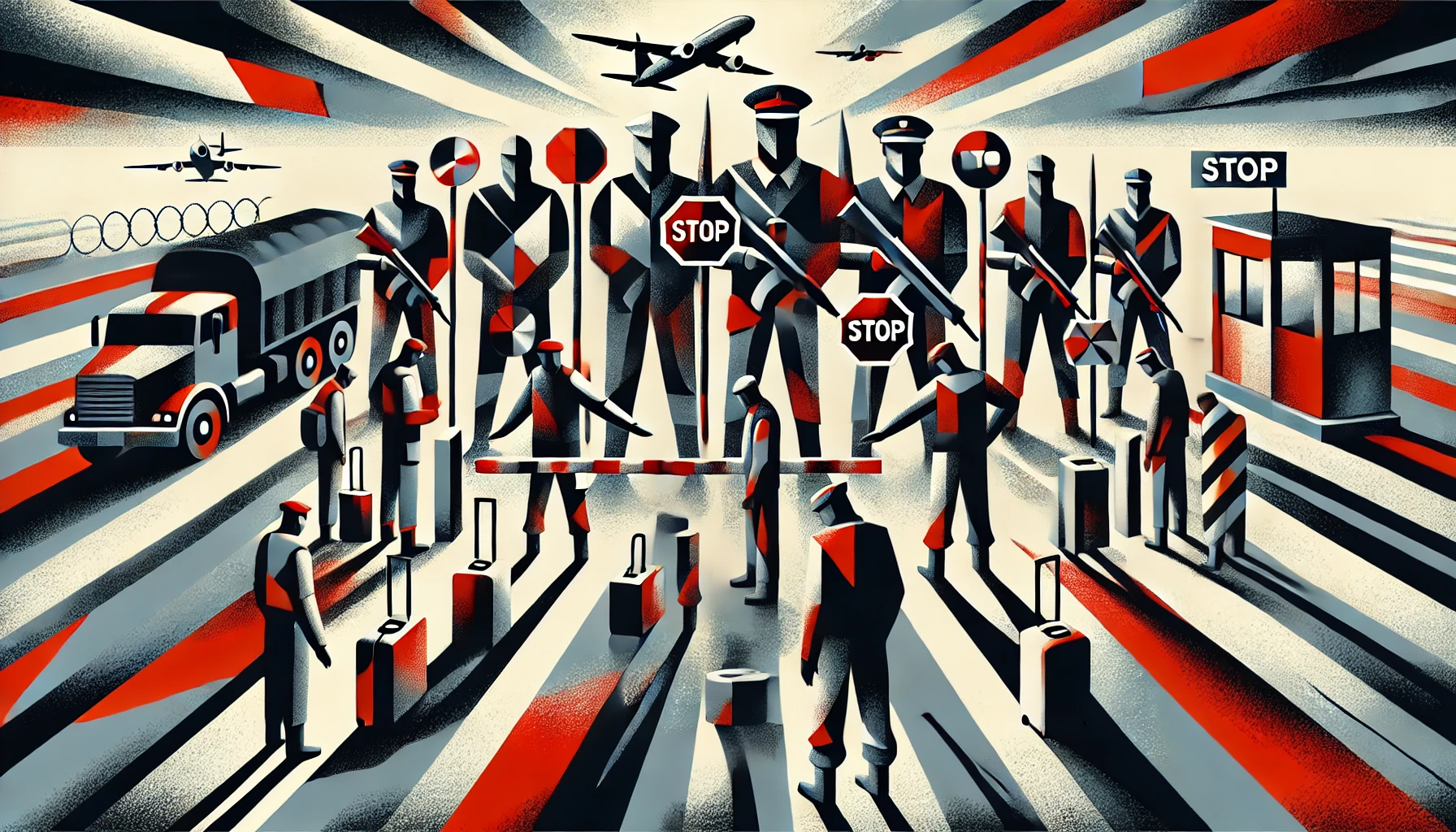North Korea, officially the Democratic People’s Republic of Korea (DPRK), has maintained a strict system of property control since its establishment in 1948. The communist regime has effectively eliminated private property rights, with the state maintaining ownership and control over all land and resources. This analysis will delve into the historical context, documented evidence, and personal accounts related to North Korean property control.
Historical Context
Following the division of the Korean Peninsula after World War II, North Korea adopted a Soviet-style communist system under the leadership of Kim Il-sung. The regime implemented a series of land reforms and nationalization policies, which stripped citizens of their private property rights.[1] The Land Reform Act of 1946 redistributed land from wealthy landowners to peasants, but the state retained ultimate control over the land.[2]
State Ownership and Control
Under the North Korean constitution, all means of production, including land, factories, and natural resources, are owned by the state.[3] Citizens are granted the right to use state-owned property, but they cannot own, sell, or inherit it. The state determines the allocation of housing, which is assigned based on a person’s job, social status, and loyalty to the regime.[4]
Agricultural Collectivization
In the 1950s, North Korea implemented a policy of agricultural collectivization, which consolidated individual farms into large, state-controlled cooperatives. Farmers were required to meet production quotas set by the state and were paid according to a work-points system.[5] The collectivization process led to decreased agricultural productivity and contributed to the devastating famine in the 1990s, which claimed the lives of an estimated 600,000 to 1 million people.[6]
Personal Accounts
Defectors and refugees from North Korea have provided valuable insights into the reality of property control in the country. One defector, Park Yeon-mi, described how her family was forced to live in a small, state-assigned apartment with no running water or electricity.[7] Another defector, Lee Hyeon-seo, recounted how her family was evicted from their home after her father was accused of a crime, highlighting the precarious nature of housing rights in North Korea.[8]
Conclusion
North Korean property control is a defining feature of the country’s communist system, which has had severe consequences for its citizens. The state’s ownership and control over all property have led to a lack of individual rights, decreased economic productivity, and widespread poverty. As the regime continues to prioritize its own interests over the well-being of its people, the issue of property rights remains a critical concern for those seeking to understand and address the challenges faced by North Koreans.
References
- Lankov, A. (2013). The Real North Korea: Life and Politics in the Failed Stalinist Utopia. Oxford University Press.
- Lee, C. (2014). The Land Reform of North Korea, 1946. Korean Journal of International Studies, 12(1), 197-219.
- Constitution of the Democratic People’s Republic of Korea. (2016). Pyongyang: Foreign Languages Publishing House.
- Collins, R. (2012). Marked for Life: Songbun, North Korea’s Social Classification System. The Committee for Human Rights in North Korea.
- Kim, S. (2018). Agricultural Collectivization in North Korea: From Cooperatives to State Farms. North Korean Review, 14(1), 71-87.
- Haggard, S., & Noland, M. (2007). Famine in North Korea: Markets, Aid, and Reform. Columbia University Press.
- Park, Y. (2015). In Order to Live: A North Korean Girl’s Journey to Freedom. Penguin Press.
- Lee, H. (2015). The Girl with Seven Names: A North Korean Defector’s Story. William Collins.








